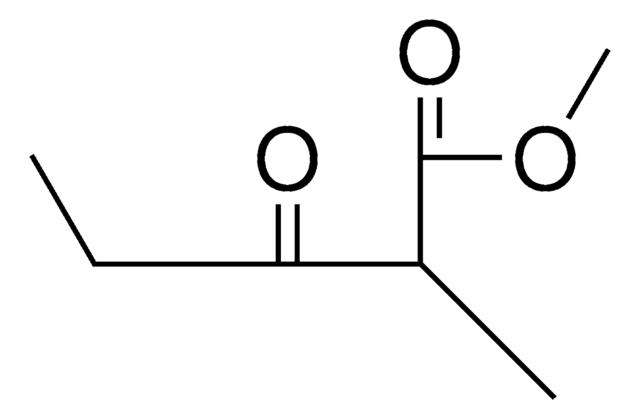Select a Size
Select a Size
About This Item
Recommended Products
Quality Level
Assay
99%
bp
391 °C (lit.)
mp
49-52 °C (lit.)
solubility
chloroform: soluble 10%, clear, colorless
SMILES string
CCCCCCCCCCCCCCCCCCCCCCCC
InChI
1S/C24H50/c1-3-5-7-9-11-13-15-17-19-21-23-24-22-20-18-16-14-12-10-8-6-4-2/h3-24H2,1-2H3
InChI key
POOSGDOYLQNASK-UHFFFAOYSA-N
Looking for similar products? Visit Product Comparison Guide
General description
Storage Class Code
11 - Combustible Solids
WGK
WGK 3
Flash Point(F)
Not applicable
Flash Point(C)
Not applicable
Personal Protective Equipment
Choose from one of the most recent versions:
Already Own This Product?
Find documentation for the products that you have recently purchased in the Document Library.
Customers Also Viewed
Protocols
Separation of Decane; Dodecane; Tetradecane; Hexadecane; Octadecane; Eicosane; Docosane; Tetracosane; Hexacosane; Octacosane
Our team of scientists has experience in all areas of research including Life Science, Material Science, Chemical Synthesis, Chromatography, Analytical and many others.
Contact Technical Service













